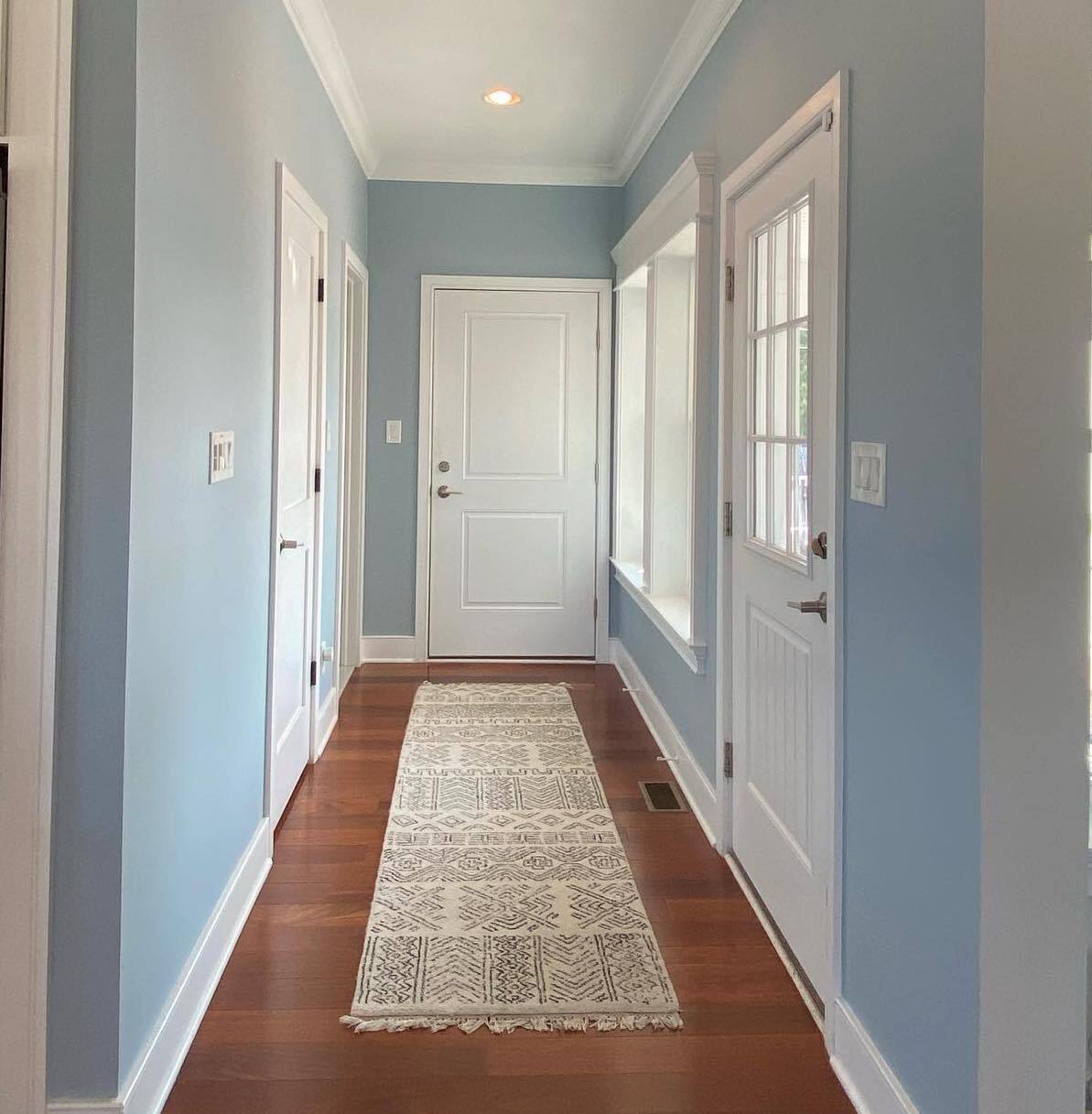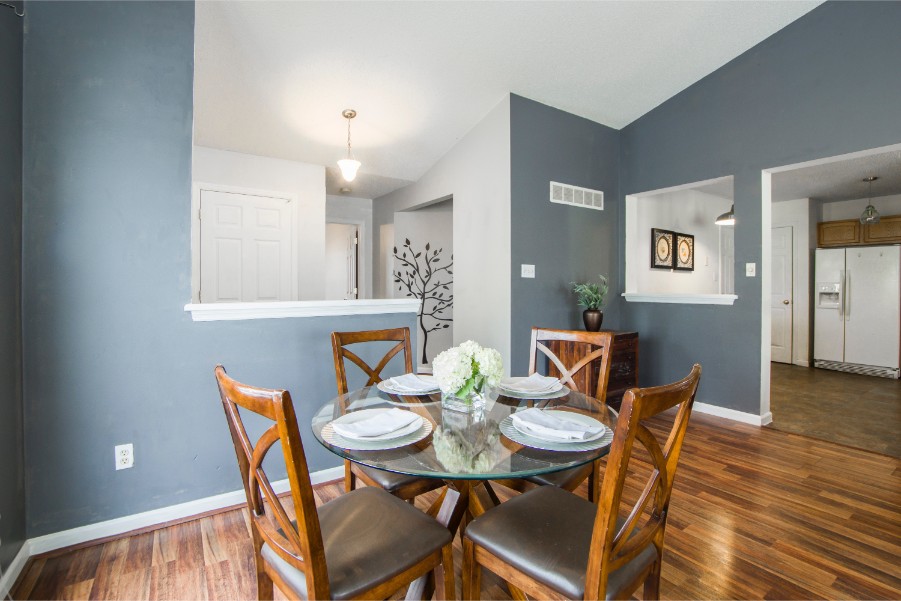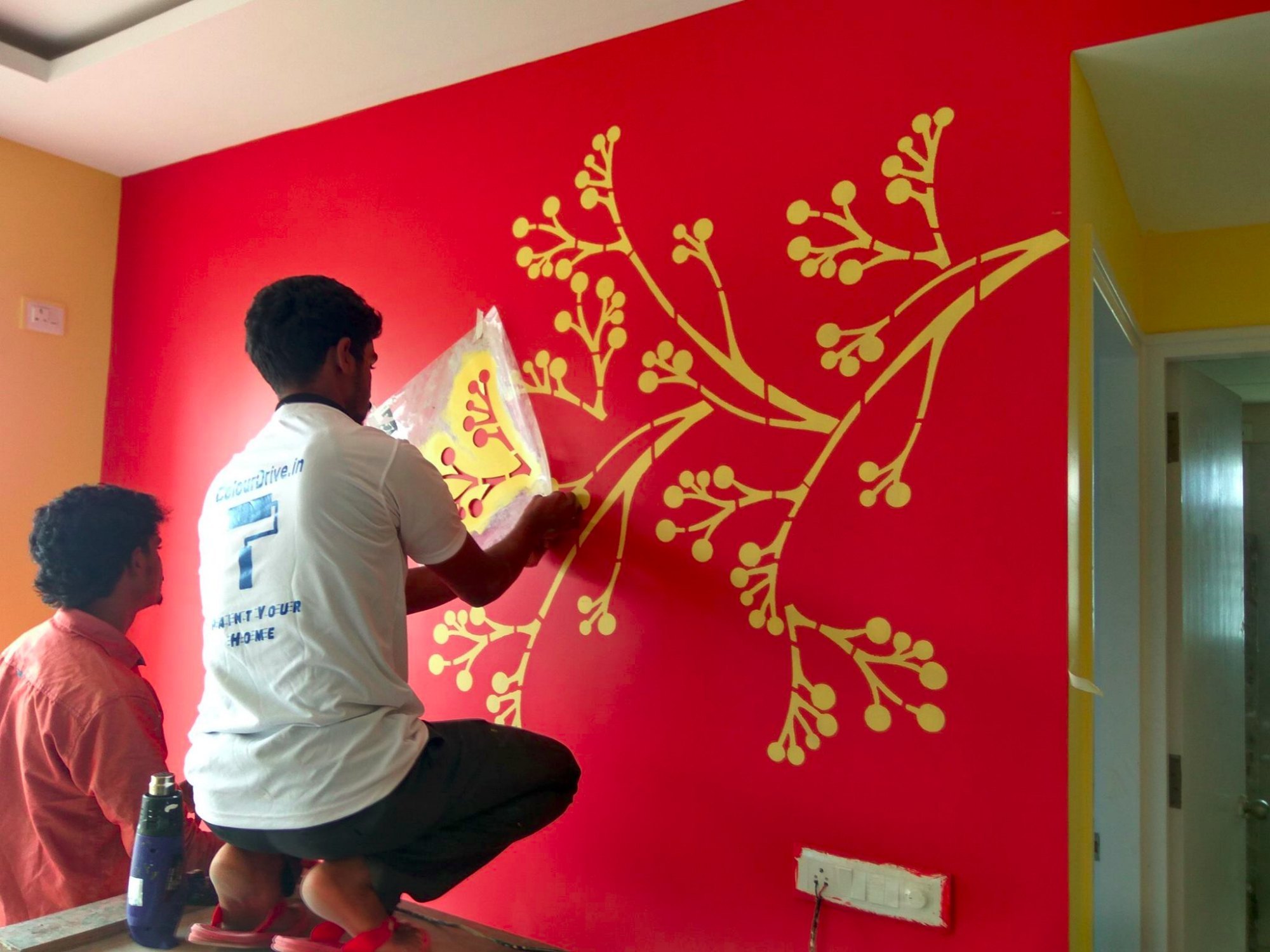Lakewood Interior Painting: Expert Services to Refresh Your Home’s Style
Lakewood Interior Painting: Expert Services to Refresh Your Home’s Style
Blog Article
Elevate Your Living Atmosphere Through Top Quality Shade Appointment
The significance of color in our living rooms extends past mere appearances; it profoundly affects our feelings and total well-being. Engaging a specialist color expert can change your environment, tailoring color plans that reverberate with your personality while improving performance and convenience.
Recognizing Color Psychology
Color psychology is frequently regarded as a crucial aspect in recognizing human habits and emotions. Cozy colors like orange and red tend to boost energy and excitement, while great colors such as blue and environment-friendly are commonly associated with peace and tranquility.
In addition, the psychological influence of color can differ across various environments. In a work environment, for instance, blue hues might enhance efficiency and focus, while softer tones like beige can advertise a sense of convenience and leisure. On the other hand, extremely bright shades can lead to sensations of frustration or stress and anxiety.
Recognizing shade psychology is crucial for efficient shade examination, as it permits professionals to tailor their referrals to align with the designated psychological and functional goals of a room. By considering specific choices and emotional associations, experts can produce harmonious settings that foster wellness and boost general top quality of life (Lakewood Interior Painting). This understanding works as a fundamental aspect in the art and scientific research of shade application in different setups
Advantages of Professional Examination

Additionally, a professional expert can examine your special living atmosphere, taking into consideration elements such as natural light, room measurements, and existing home furnishings. This customized technique makes sure that color choices harmonize with the overall layout, developing a natural look that could be difficult to attain individually.
Time performance is one more essential advantage. Professionals improve the decision-making process, aiding customers prevent the overwhelming range of options. They can also anticipate potential difficulties, such as color clashes or undesirable effects, and provide options prior to execution.
Moreover, a professional assessment can increase the value of your home. Well-executed color selections can raise a space's appeal, making it extra appealing to potential customers. In summary, professional color assessment not only enhances visual appeals yet additionally enhances the living environment and supports informed decision-making.
Choosing the Right Color Pattern
Choosing the right color design is important for achieving a harmonious and welcoming environment. Colors stimulate feelings and set the tone for a room, influencing exactly how people perceive and connect within it. When choosing a color plan, consider the purpose of the area, the desired mood, and the existing building attributes.
Begin by recognizing a shade scheme that resonates with your vision. Popular options consist of single schemes, which utilize varying tones of a solitary hue, and complementary systems, which couple colors from opposite sides of the color wheel. Furthermore, similar systems, including shades next to each other, can produce a natural look.
It is vital to test shades in the actual room, as lighting conditions can significantly change their appearance. Painting examples on wall surfaces permits a real-world analysis of just how shades communicate throughout the day. Furthermore, think about the balance in between strong shades and neutral tones to make certain aesthetic rate of interest without overwhelming the detects.
Eventually, a well-balanced color design can change an area, creating an ambience that is not just visually pleasing yet also functional and comfortable for its occupants.
Integrating Color With Design Components

Textiles play an important role in color assimilation. Fabrics such as curtains, carpets, and upholstery ought to mirror the key color system, while additionally presenting secondary shades to enhance the design. Layering structures, such as combining rough and smooth surface areas, can enhance the color's effect.
Accessories, consisting of artwork, decorative objects, and plants, must be picked to resemble the color choices throughout the area. A well-curated setup can link disparate aspects, making sure that each item feels intentional and connected. Take into consideration the emotional effects of color; as an example, blues and eco-friendlies can advertise peace, while cozy tones like reds and yellows can invigorate an area. Inevitably, the mindful integration of color with design elements elevates the living environment, creating a space that is both aesthetically pleasing and functional.
Tips for Preserving Your Color Options
Routinely evaluating and updating your shade choices is vital for preserving a dynamic and natural layout. Begin by periodically evaluating the shades in your room versus individual preferences and current trends. Take into consideration the psychological influence of your selected palette; colors can evoke different sensations and need to straighten with the designated environment of each space.
Next, make certain that your shades stay consistent across numerous aspects of your design. This consists of furniture, art work, and devices. Lakewood Interior Painting. Mixing also lots of shades can bring about visual disorder, so select a color design that permits adaptability while still maintaining unity
Use sample boards or electronic devices to imagine just how colors connect with one another in various lighting conditions. Bear in mind, natural light can significantly modify the perception of color.
In Cleveland Metro Painting Specialists addition, do not shy away from small updates to refresh your area. Maintain a shade journal that notes your choices over time; this will certainly aid in future assessments and ensure your color options continue to be pertinent.
Verdict
In final thought, the integration of shade psychology right into living settings significantly boosts both visual appeal and psychological wellness. By selecting proper color systems and balancing them with design components, a practical and balanced room can be achieved.

Report this page